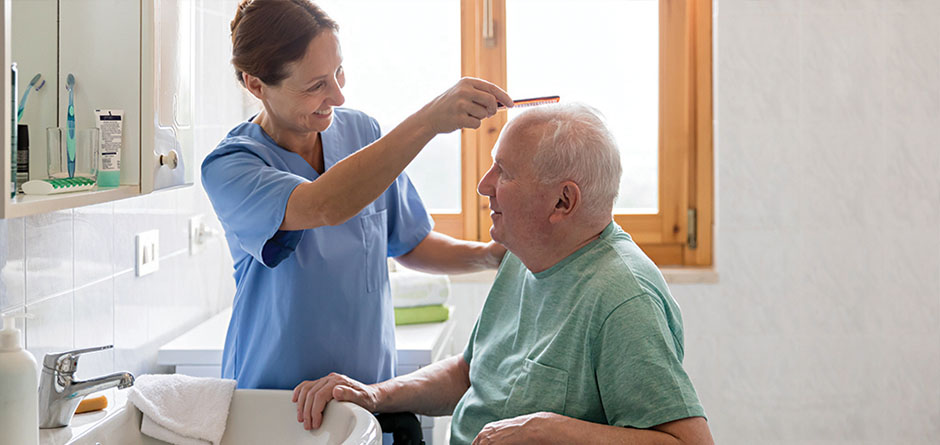 Home health aides play a crucial role in providing care and support to individuals in the comfort of their own homes. These dedicated professionals assist with daily activities, such as bathing, dressing, meal preparation, medication management, and companionship. However, it is essential to understand that home health aides have certain limitations that need to be acknowledged.
Home health aides play a crucial role in providing care and support to individuals in the comfort of their own homes. These dedicated professionals assist with daily activities, such as bathing, dressing, meal preparation, medication management, and companionship. However, it is essential to understand that home health aides have certain limitations that need to be acknowledged.
One of the primary limitations of home health aides is their lack of medical training. While they are trained to provide basic care and support, they are not qualified to perform medical tasks that require specialized knowledge and skills. This means that they cannot administer medications that require injections or intravenous access, change wound dressings, or provide complex medical treatments. It is crucial for individuals and their families to understand the difference between medical tasks and non-medical tasks that can be performed by home health aides.
Another limitation of home health aides is their inability to provide specialized care for individuals with complex medical conditions. Home health aides are not trained to handle conditions such as dementia, Alzheimer’s disease, or severe physical disabilities that require specialized care. In such cases, it is necessary to involve other healthcare professionals, such as nurses or therapists, who have the expertise to manage these conditions effectively.
Furthermore, home health aides are not authorized to make decisions regarding medical treatments or changes in care plans. They work under the supervision of healthcare professionals, who are responsible for assessing the patient’s condition and making decisions about their care. Home health aides can provide valuable input and observations about the patient’s well-being, but the final decision-making authority lies with the healthcare professionals.
It is also important to note that home health aides have limited availability and may not be able to provide round-the-clock care. They usually work on a scheduled basis, which means that they may not be available during emergencies or outside their designated working hours. In such situations, it is necessary to have alternative arrangements in place to ensure the safety and well-being of the individual.
Despite these limitations, home health aides play a vital role in improving the quality of life for individuals who prefer to receive care in their own homes. They offer valuable support, companionship, and assistance with daily activities, allowing individuals to maintain their independence and dignity. However, it is crucial to have realistic expectations about what home health aides can and cannot do.
In conclusion, home health aides have certain limitations that need to be understood and acknowledged. They are not trained to perform medical tasks or provide specialized care for complex conditions. They work under the supervision of healthcare professionals and do not have decision-making authority. Additionally, their availability may be limited. By recognizing these boundaries, individuals and their families can make informed decisions about the type of care they require and ensure that appropriate healthcare professionals are involved when necessary.
